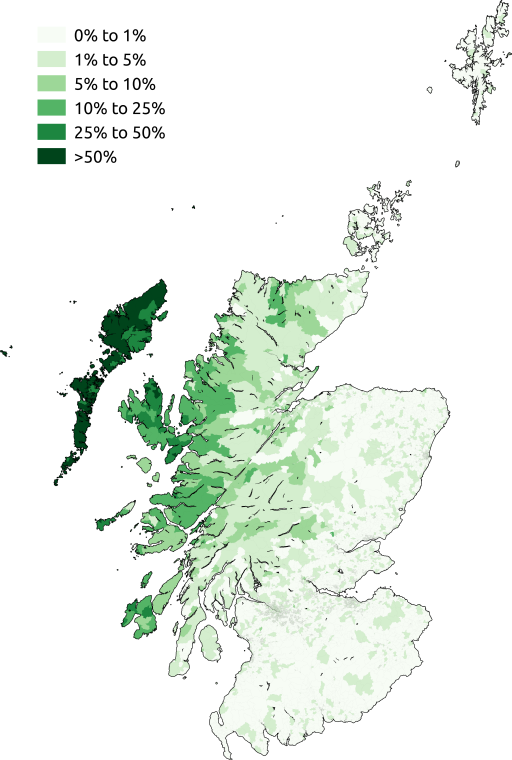Last Updated on February 20, 2023 by Cianaodh Óg

Throughout the lands of the Gaels and their diaspora all over the world there has been renewed interest learning the languages, culture and history of these proud people. For centuries while under rule of the British empire the use of these languages was either actively suppressed or seen as a dead end and therefore not worth learning and using. English was seen as the language of opportunity and of the future so parents encouraged their children to use the language that would afford them a better chance in life.
You can’t very well blame them. Especially when starving and prospects look bleak parents are far too utilitarian to worry about things like preservation of culture and history. In dire times the paramount concern is getting mouths fed and making sure offspring have a good start in life.
Not Always Political
Although sometimes this renewed interest in the language of one’s ancestors is mixed up with politics, quite often it’s more about rediscovering the past than reckoning with the present or future. More than a couple of years ago, Manchán Magan, a broadcaster, writer and television personality known for shows such as No Béarla in which he made his way around Ireland speaking only Gaeilge to show how much further efforts to revive the language need to go, wrote a book called ’32 Words for Field’. It is a catalog of lost words to describe the Irish landscape.
The book mentioned ancient Irish terms like “scim”, which can mean a thin coating of dust or particles but can also mean a fairy film that covers the land, or a magical vision, or succumbing to the supernatural world through sleep.
As stated on his website “The richness of a language closely tied to the natural landscape offered our ancestors a more magical way of seeing the world. Before we cast old words aside, let us consider the sublime beauty and profound oddness of the ancient tongue that has been spoken on this island for almost 3,000 years. In Thirty-Two Words for Field, Manchán Magan meditates on these words – and the nuances of a way of life that is disappearing with them.”
The Diaspora In The U.S.
According to the 2004 U.S. census an estimated 27,000,000 people or up to Up to 9.2% of the U.S. population identify as being of Scots-Irish descent. Evidence of this diaspora still feeling strong ties to it’s cultural heritage is easily recognized in the plethora of Irish Festival, Scottish Highland Games and general Celtic Festivals held every year in places throughout the United States. There are more people in the diaspora than live on the islands themselves. A lot more. Among these people are others, like myself, who share a renewed interest in learning the languages as well as embracing the culture and history of their ancestral homelands.
Hence the new Craic and Malarkey sections being added to the website and discord server as well as the gaming server(s). If you are a person who feels pulled to this revival of Celtic creativity, whether in Ireland, Scotland, the U.K. or elsewhere in the world. Won’t you join us for a little fun and learning at New Caledonia Network? It’ll be good to have you at the table and hear your stories. An bhfuil aon craic agat?
Another thing that Magan said that I like is that the recent boom in Irish-language creativity is part of a continued search for identity. No longer beholden to colonialism or Catholicism. “What we’re trying to do is rooting ourselves back to…not nationalism, but those things that came before the nation. Connection with the spirit, or sort of universal mythology, all of those things that bring us together, that make us realize we’re united.” Now that’s a beautiful thought, isn’t it?
Look Farther Back…
That’s the way I’ve been trying to approach things. Looking before the nation; before divisions along republicanism, nationalism vs. unionism or Catholicism vs. Protestantism. These nations are older than all of that. Much older. Look at what was there before these divisions were foisted upon the people by outside influences.
Leave a Reply